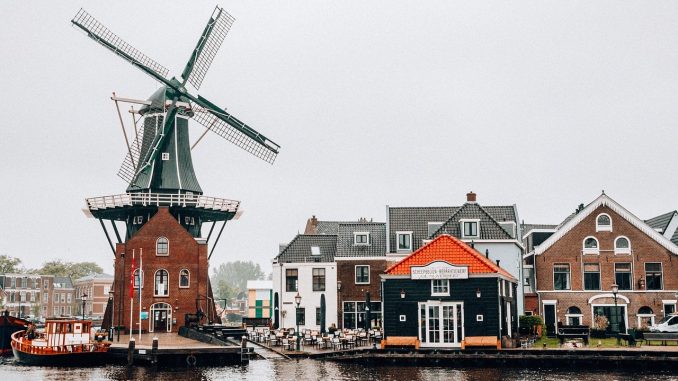
On Monday, Morocco and the Netherlands signed a criminal extradition agreement to simplify the transfer of people suspected or convicted of crimes between the two countries. Details
On Monday, the Minister of Justice, Abdelatif Ouahbi, welcomed his counterpart, Mrs DilanYeşilgöz, Minister of Justice and Security of the Netherlands, accompanied by a high-level Dutch delegation. The meeting resulted in the signature by Rabat and Amsterdam of an agreement on the extradition of criminals, which follows on from the bilateral judicial cooperation protocol, enabling the reciprocal surrender of criminals between the two countries, according to a press release from the Ministry of Justice.
The agreement, which has been the subject of lengthy discussions between the two countries, is in fact an effective means of combating cross-border crime, reducing the chances of escaping justice.
At the meeting, the two parties discussed subjects of common interest, namely coordination in the field of legal cooperation, the fight against organized crime, money laundering, the prevention of suspicious banking transactions, financial crime and the confiscation of criminal assets.
Quoted in his department’s press release, the Minister of Justice considers this agreement to be a great appreciation of the solid historical partnership between the Kingdom of Morocco and the Kingdom of the Netherlands, through which the course of justice will be strengthened by consolidating mechanisms to combat cross-border impunity.
For her part, the Dutch minister stressed that this extradition treaty will strengthen relations between the two countries in order to intensify the joint fight against international organized crime, which knows no borders, by developing new mechanisms to combat illegal practices in arms, drugs and human trafficking, carried out by criminal networks.
It should be noted that the signing of this agreement is of great importance in strengthening Morocco’s position in the fight against transnational crime, but could also unravel certain files that have been in the Dutch justice system’s drawers for several years, such as the trial of Saïd Chaou, a former Moroccan MP residing in the Netherlands, who is the target of two international arrest warrants issued by Morocco.
The Moroccan authorities had requested his extradition to stand trial in Morocco on charges of drug trafficking, forming a criminal gang, money laundering and attempted homicide. This request was refused by the Dutch public prosecutor’s office. The agreement could also extend the scope of intervention of the Moroccan and Dutch authorities, in cases linked to the “Mocro Maffia”, which over the last 10 years has established itself as the most powerful criminal organization in drug trafficking in Northern Europe.

Be the first to comment